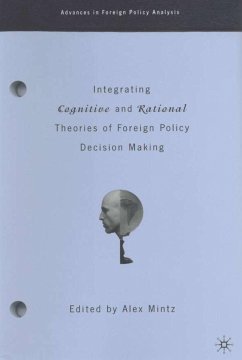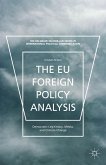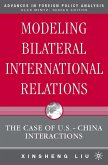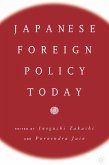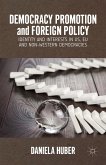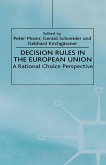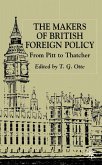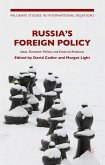There are two dominant approaches to political decision making in general and foreign policy decision making in particular: rational choice and cognitive psychology. The essays here introduce and test the poliheuristic theory of decision making that integrates elements of both schools. The poliheuristic theory is able to account for the outcome and the process of decisions, and integrates across levels of analysis (individual, dyad, and group). The collection focuses on both elements of the theory itself and also looks at how the theory can be used to better understand political decisions that were made in the past.
This crisp volume takes seriously both cognitive and rationalist ideas about how foreign policy decisions are made. Rather than just kickingthe tires, Mintz and colleagues provide an in depth analysis based on case studies as well as experimental analyses. This book deserves wide impact among those who study how actual decisions are made. Michael D. Ward, University of Washington

